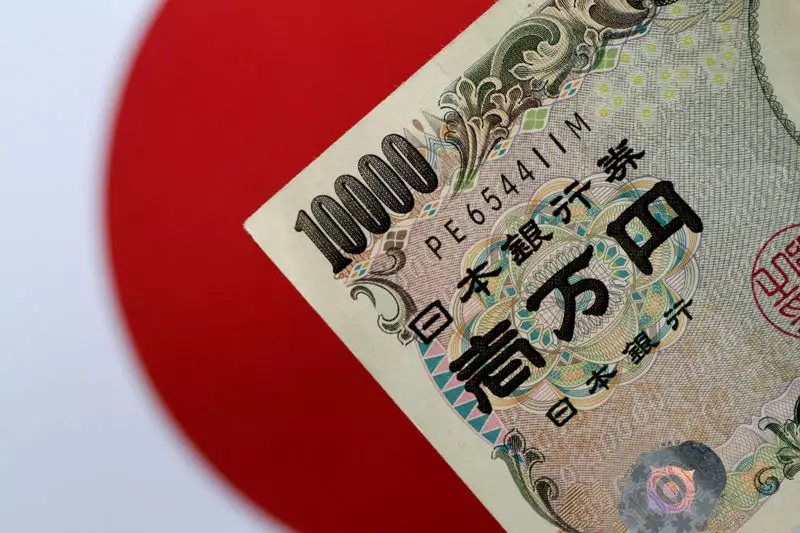In recent months, the Japanese yen has captured market attention with a remarkable rebound, pushing currency pairs such as USDJPY down to lower levels, including a notable drop to 139 yen. This revitalization of the yen can be attributed to an array of factors, prominently featuring the stance of the Bank of Japan (BOJ), a weakened U.S. dollar, and a retreat from carry trades that had previously favored the dollar. As analysts from BCA Research highlight, increasing bets on the yen suggest a broad consensus amongst investors regarding its potential for further appreciation. Understanding this dynamic is crucial for those monitoring global currency markets.
The outlook for the yen appears bolstered not just by technical market shifts, but also by a fundamental reassessment of Japan’s economy. BCA emphasizes the robust performance of local assets, which, coupled with anticipated interest rate hikes, creates a compelling environment for yen appreciation. Following years of low interest rates, Japan’s ongoing dialogue surrounding monetary policy has become increasingly hawkish, indicating a readiness to combat rising inflation—a sentiment echoed by projections of further wage increases that are poised to stimulate domestic consumption.
As international markets face uncertainty, the resilience of the Japanese economy is particularly noteworthy. While the Federal Reserve initiates a cycle of easing, Japan may find itself in a contrasting position, setting the stage for potential interest rate hikes which, according to BCA, should powerfully influence the yen’s trajectory in the months to come.
The BOJ’s Balancing Act
Despite these positive indicators, there remains a cautious approach regarding the BOJ’s immediate actions. Analysts expect the bank to maintain its current interest rate levels in the near term, particularly in light of an upcoming governmental leadership transition. This complex balancing act signifies both opportunity and risk, as investors await further clues about the BOJ’s long-term strategy. BCA asserts that any moment of “dovish hold” could serve as a prime opportunity for traders to accumulate yen, emphasizing that proactive management of monetary policy could be the definitive factor influencing upcoming currency trends.
Conversely, the outlook for Japanese equities reveals a more tempered perspective. While the yen strengthens, BCA assigns a “structurally neutral” rating to Japanese shares, citing potential headwinds linked to currency appreciation. This includes concerns over how the yen’s upward momentum could impact corporate profitability, particularly for exporters. Compounding this is the sluggish pace of corporate governance improvements and structural economic reforms, which leave the equities market looking less attractive despite the macroeconomic positives outlined for the yen.
While the yen’s recent resurgence signals promising shifts within Japan’s economic fabric, challenges remain, particularly for equity investors. Factors such as anticipated interest rate hikes and inflation management will likely dictate the currency’s future performance. Simultaneously, the cautious sentiment towards Japanese equities reflects a need for continued structural reforms and improved governance to fully capitalize on the strengthening yen. In this evolving landscape, both domestic and international investors must remain vigilant and discerning to navigate the complexities inherent in Japan’s economic outlook.

